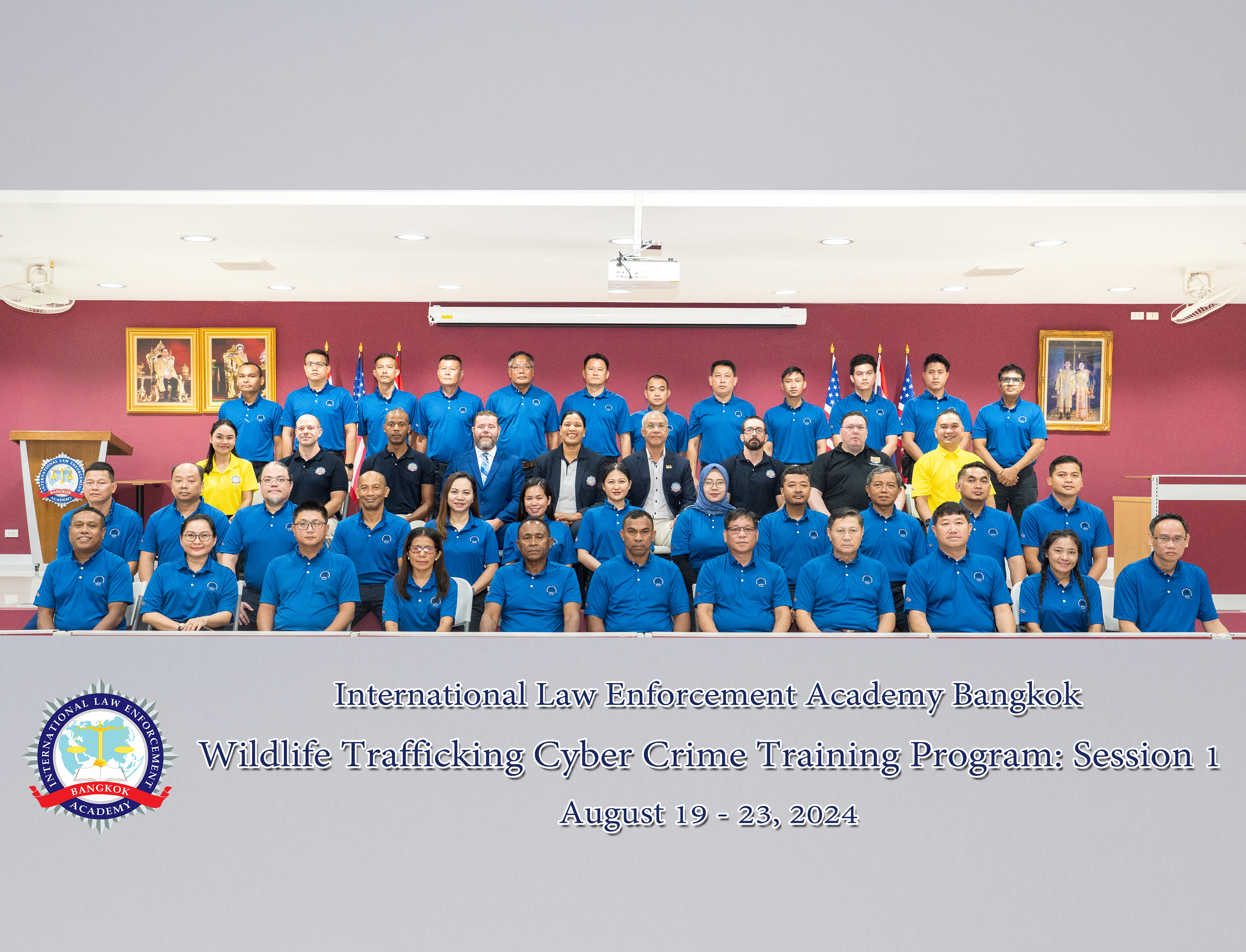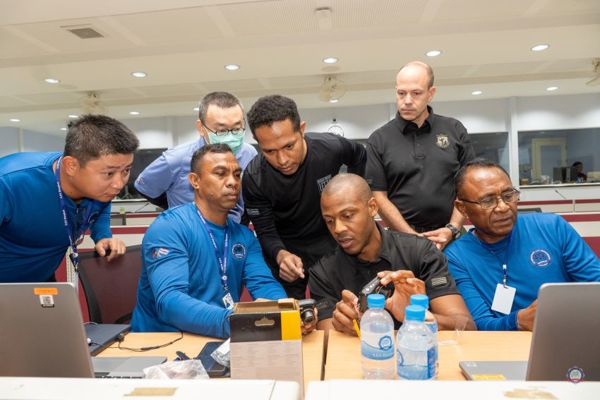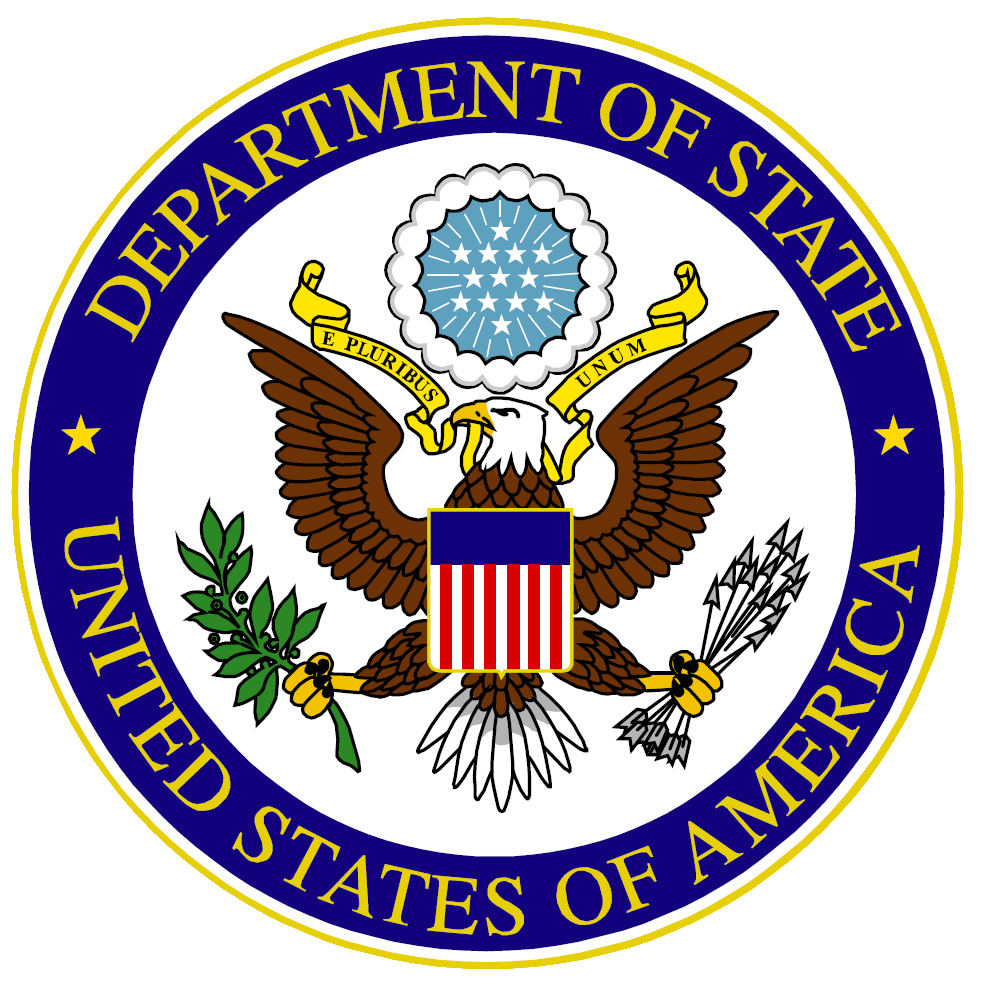Wildlife Trafficking Cyber Crime Training Program: Session 1 (Aug 19-23, 2024)
Published

From August 19-23, 2024, ILEA Bangkok and the U.S. Fish and Wildlife Service (FWS) co-hosted the Wildlife Trafficking Cyber Crime Training Program: Session 1, bringing together 35 participants from Indonesia, Laos, Malaysia, the Philippines, Singapore, Thailand, Timor-Leste, and Vietnam. This intensive five-day program aimed to enhance participants' skills in tackling wildlife trafficking through advanced cybercrime investigative techniques.
The curriculum covered a range of critical topics, including digital evidence handling, crime scene processing, and fundamental cybercrime investigative methods. Additionally, participants explored considerations for online undercover operations, investigations of emails and social media, and online marketplace probes. The training was designed to be interactive, fostering active dialogue between instructors and attendees, and focusing on the exchange of best practices and techniques used in the U.S. to combat wildlife trafficking.
Throughout the course, there was a strong emphasis on the importance of building and maintaining national and international contacts to facilitate intelligence sharing. This open exchange allowed participants to gain insights into the specific cybercrime challenges related to wildlife trafficking faced by different countries. Instructors provided practical techniques and strategies to address these issues effectively.
By sharing online resources and investigative methods, the course aimed to
enhance cooperation and intelligence sharing among the participating nations.
This collaborative approach is vital for strengthening global efforts against
international wildlife trafficking, highlighting the role of cybercrime
investigations in protecting endangered species.


